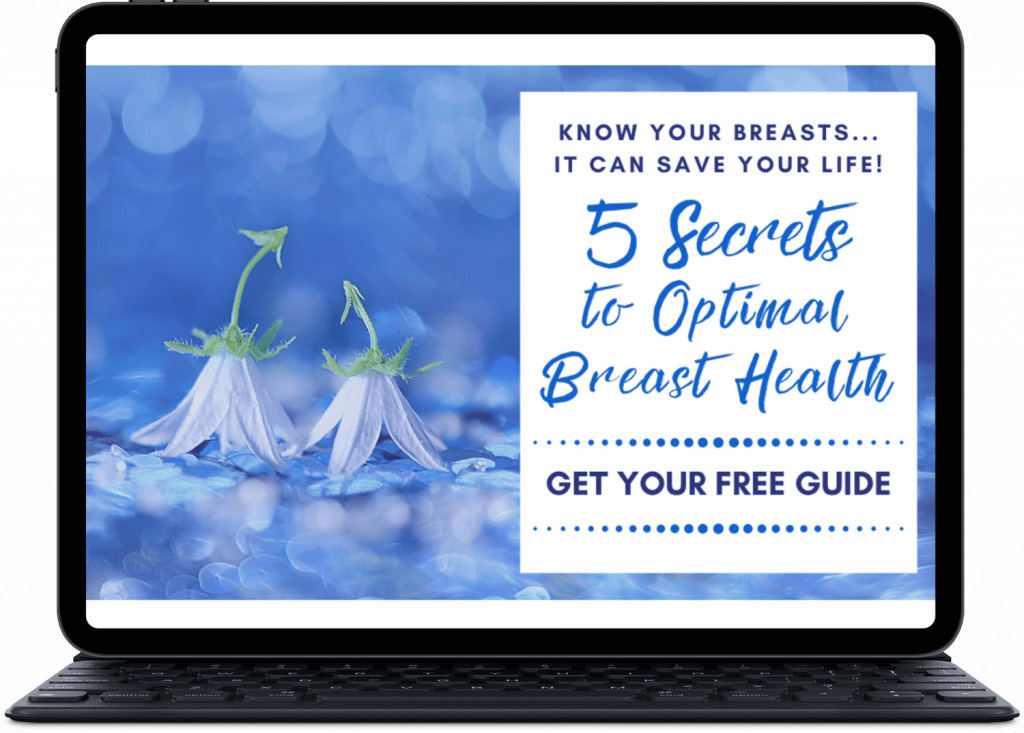Essential oils are liquids containing aroma compounds from plants; in other words, they contain the stuff that gives a plant its unique smell. For example, the essential “oil of wintergreen” contains the aromatic components of the wintergreen plant and thus smells just like it. In fact, the oils are called “essential” because they contain the fundamental aromatic components of the plant!
Essential oils, in their pure form, have a long history of medicinal use dating back to ancient times. Indeed, since at least ancient Egyptian times, essential oils have been used in a variety of ways to improve both physical and emotional health. This use has continued up until modern day; however, mainstream medicinal practitioners do not generally use essential oils, in part because mainstream medicine tends to depend on clinical studies and relatively few studies are carried out on the aromatic compounds in essential oils. There is relatively little profit incentive to carry out clinical studies on essential oils, because essential oils cannot be patented the way that pills invented in the laboratory can. In other words, essential oils are not generally researched by pharmaceutical companies, because these companies stand to make far more profit from medicines that can be patented than from essential oils, which cannot be patented.
Nevertheless, essential oils remain a significant part of the alternative medicine movement; they have been used for thousands of years to improve people’s health, and it thus seems likely that they have real health benefits, even if few studies have been carried out to scientifically validate the medicinal properties of essential oils.
Essential oils are remarkable in the versatility of their benefits. For example, essential oils are widely used in aromatherapy to achieve varying physical effects — certain oils stimulate; others relax and ease tension. Essential oils are also used to improve cleanliness; that is, releasing essential oils into the air removes bad smells and certain airborne pathogens. When added to laundry and surface cleaners, essential oils improve cleaning and purifying ability. At massage and beauty parlors, essential oils are rubbed into a person’s skin, with numerous positive health effects: the person becomes calmer, his or her emotional and physical well-being are restored, the skin quality is improved at the area of application, and the oils are absorbed into the bloodstream and travel through the person’s internals, where they act as a disinfectant. Certain essential oils are even used as dietary supplements, as many oils have powerful antioxidant properties; however, it is important to be careful when ingesting essential oils, as taking the wrong oil can be harmful to one’s health — always make sure your essential oil is labeled as a dietary supplement and follow the label’s directions.




